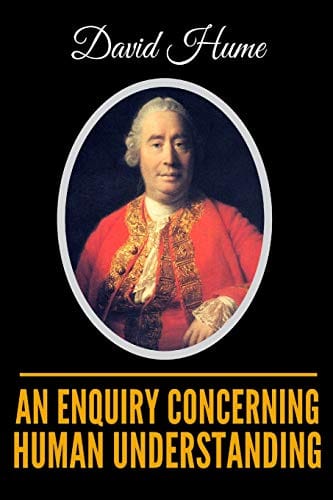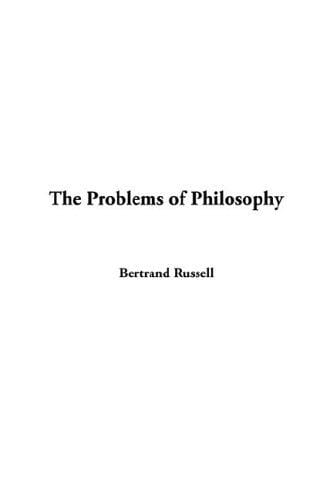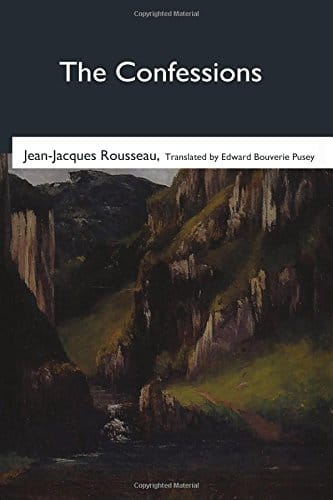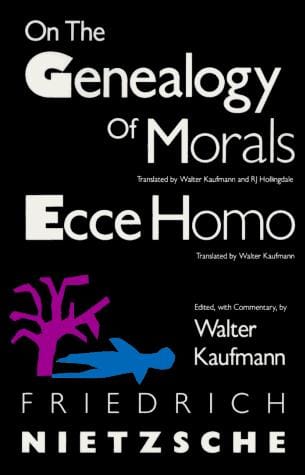David Hume’s An Enquiry Concerning Human Understanding: A Complete Guide
Explore David Hume’s Enquiry Concerning Human Understanding—its history, themes, and impact—in this concise, accessible 800-word guide.

Introduction
Published in 1748, David Hume’s An Enquiry Concerning Human Understanding remains one of the most influential texts in modern philosophy. In it, Hume refines ideas first presented in his earlier Treatise of Human Nature, offering a concise exploration of how we acquire knowledge, the limits of human reasoning, and the role of experience in shaping belief. This guide breaks down the book’s historical context, key arguments, and lasting legacy to help both newcomers and seasoned philosophers appreciate Hume’s enduring relevance.
Historical Context
Hume wrote during the Enlightenment, a period characterized by confidence in reason and science. While rationalists like Descartes and Leibniz emphasized innate ideas, British empiricists such as Locke and Berkeley argued that knowledge originates in sensory experience. Hume pushed empiricism further, challenging the rationalists’ certainty about causation, the self, and God. An Enquiry Concerning Human Understanding emerged as Hume’s accessible revision of his earlier work, written in clearer prose to reach a broader readership. Its publication sparked debate, influencing Kant, who credited Hume with awakening him from his “dogmatic slumber.”
Hume’s Empirical Method
Central to Hume’s philosophy is the empirical method—observing experience before drawing conclusions. He divides mental content into impressions (vivid, immediate sensations) and ideas (fainter copies of impressions). For Hume, all complex ideas ultimately reduce to simple impressions. This distinction allows him to critique metaphysical speculation: if a claimed idea lacks an originating impression, it is meaningless noise rather than genuine knowledge.
The Copy Principle
Hume’s Copy Principle states that every idea must derive from a prior impression. This principle becomes a powerful razor for shaving away unfounded concepts. For example, notions of a perfect, infinite God cannot be traced to any sensory experience, so Hume treats them with suspicion. By demanding empirical grounding, Hume erects strict boundaries on what humans can justifiably claim to know.
Causation and the Habit of the Mind
One of Hume’s most famous contributions is his analysis of causation. When we say A causes B, we believe there is a necessary connection linking the two. Hume argues that what we actually observe is not necessity but constant conjunction: whenever A occurs, B follows. It is repeated experience, not rational insight, that leads our minds to expect B whenever we see A. Causation, therefore, is a psychological habit rather than an objective, discoverable bond.
Why This Matters
Hume’s view undermines claims that we can know with certainty why events happen. Scientific laws, under his analysis, describe patterns; they never reveal hidden forces that compel outcomes. This humility before experience paved the way for modern scientific skepticism and probabilistic reasoning, influencing later thinkers such as Einstein and Popper.
The Problem of Induction
Tightly connected to causation is Hume’s famous Problem of Induction. We regularly predict the future based on past experiences: the sun rose yesterday, so it will rise tomorrow. Yet Hume notes that such inference assumes the future will resemble the past—a principle we cannot justify without circularity. If all our reasoning about matters of fact depends on induction, and induction lacks rational grounding, then certainty eludes us.
Practical Implications
While unsettling, Hume does not recommend abandoning everyday beliefs. Instead, he distinguishes between philosophical skepticism, which exposes logical gaps, and mitigated skepticism, which tempers certainty but accepts that humans must rely on custom and habit. This balanced stance anticipates modern epistemology’s embrace of fallibilism: the idea that knowledge is always provisional.
Miracles and Testimony
In Section X, Hume applies his skepticism to religious claims, arguing that no testimony can establish a miracle if it is more likely that witnesses were deceived. Because miracles violate uniform experience, rational people should proportion belief to evidence and reject extraordinary claims without extraordinary proof. This principle—often summarized as “extraordinary claims require extraordinary evidence”—has become a staple of scientific and skeptical inquiry.
Impact on Modern Thought
The influence of An Enquiry Concerning Human Understanding spreads far beyond 18th-century debates. Immanuel Kant’s critical philosophy, which seeks to secure knowledge against skepticism, emerged directly in response to Hume. In the 20th century, logical positivists adopted Hume’s verificationism, holding that meaningful statements must be empirically testable. Contemporary cognitive science echoes Hume’s insights into habit and association when modeling learning algorithms. Even legal theory employs Humean causation in discussing liability and probability.
How to Read Hume Today
Readers approaching the Enquiry for the first time should keep three tips in mind. First, track Hume’s vocabulary: impressions, ideas, relations of ideas, and matters of fact form the backbone of his system. Second, distinguish Hume’s descriptive psychology—how humans actually think—from prescriptive logic—how they ought to think. Finally, resist the urge to dismiss his skepticism as mere negativity; instead, view it as a tool for clarifying what can be known and where humility is warranted.
Recommended Editions
Look for editions with clear annotations, such as those by Oxford World’s Classics or Hackett, which explain archaic terms and provide helpful introductions. Pairing the text with secondary sources, like Barry Stroud’s Hume or Don Garrett’s Cognition and Commitment in Hume’s Philosophy, can contextualize arguments and illuminate difficult passages.
Conclusion
An Enquiry Concerning Human Understanding continues to captivate readers because it asks timeless questions: What can we know? How do we justify belief? Where are the limits of reason? Hume’s answers, grounded in empirical observation and tempered by cautious skepticism, encourage us to interrogate assumptions while remaining open to the patterns of experience. In an age saturated with information and bold claims, Hume’s call for evidence, humility, and critical inquiry is more relevant than ever.



